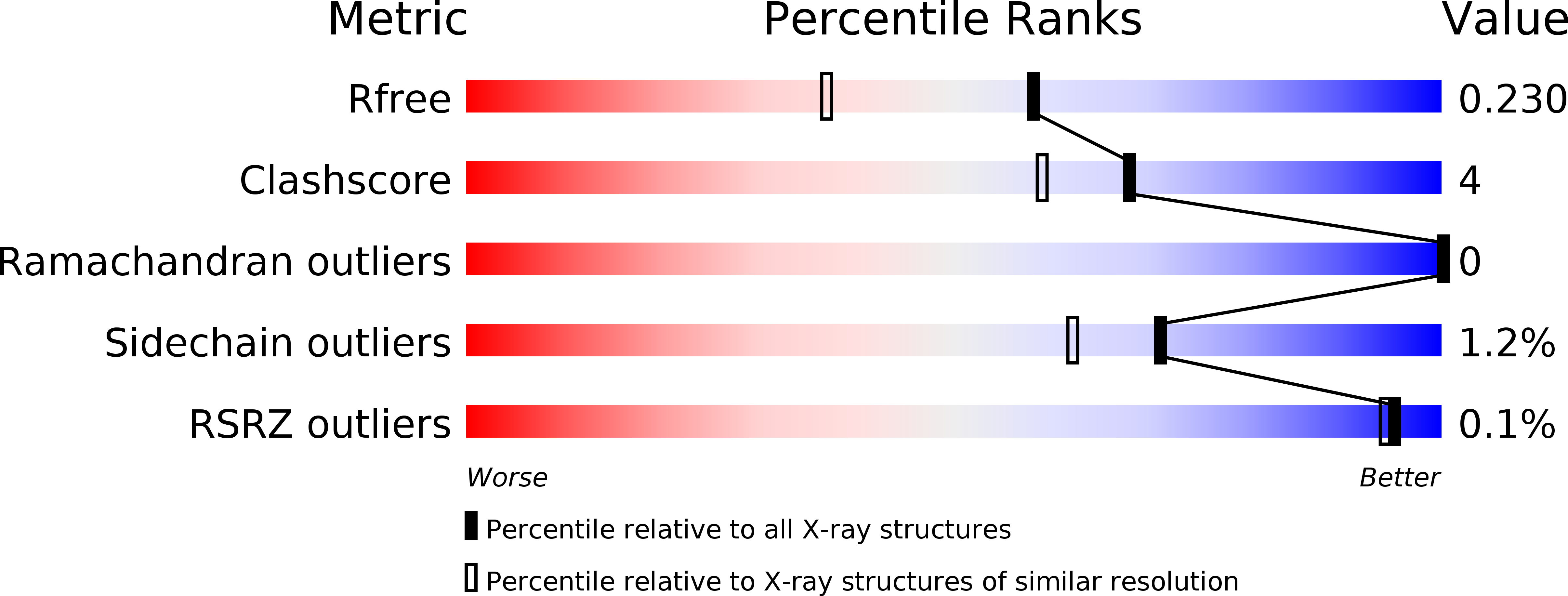
Deposition Date
2016-09-15
Release Date
2017-07-19
Last Version Date
2023-11-08
Entry Detail
PDB ID:
5GX8
Keywords:
Title:
Crystal structure of solute-binding protein related to glycosaminoglycans
Biological Source:
Source Organism(s):
Streptobacillus moniliformis DSM 12112 (Taxon ID: 519441)
Expression System(s):
Method Details:
Experimental Method:
Resolution:
1.78 Å
R-Value Free:
0.22
R-Value Work:
0.19
R-Value Observed:
0.19
Space Group:
P 1 21 1


